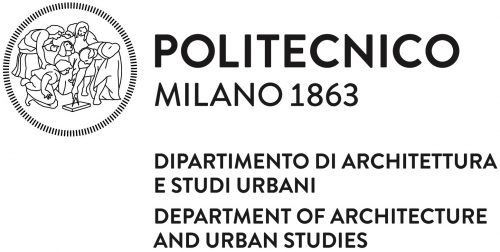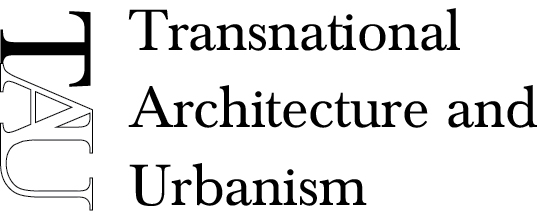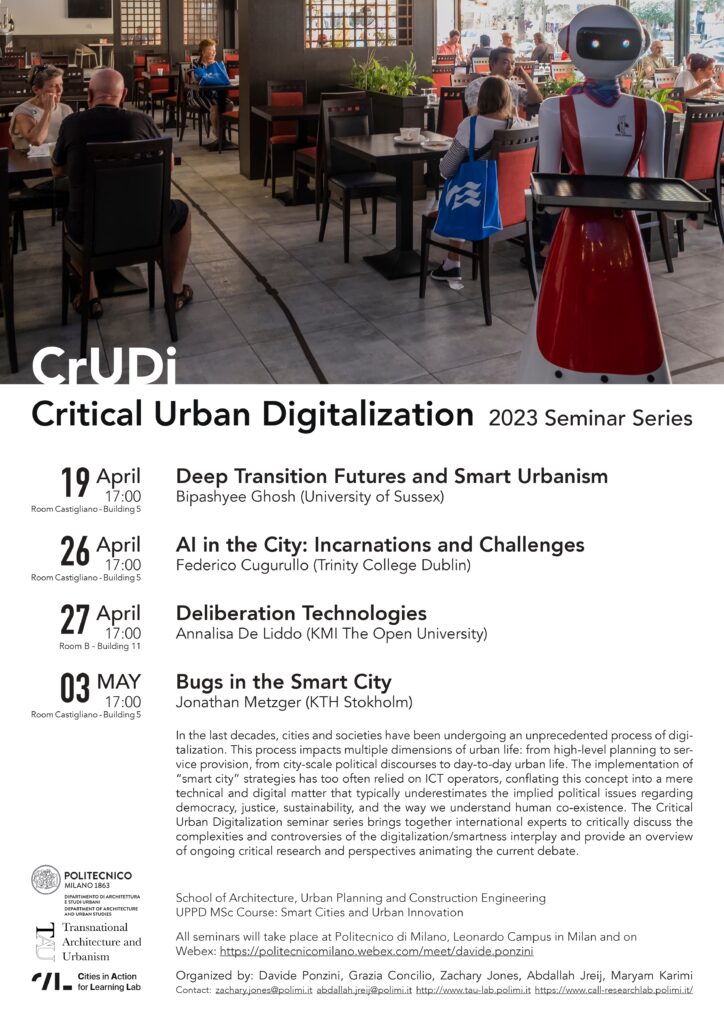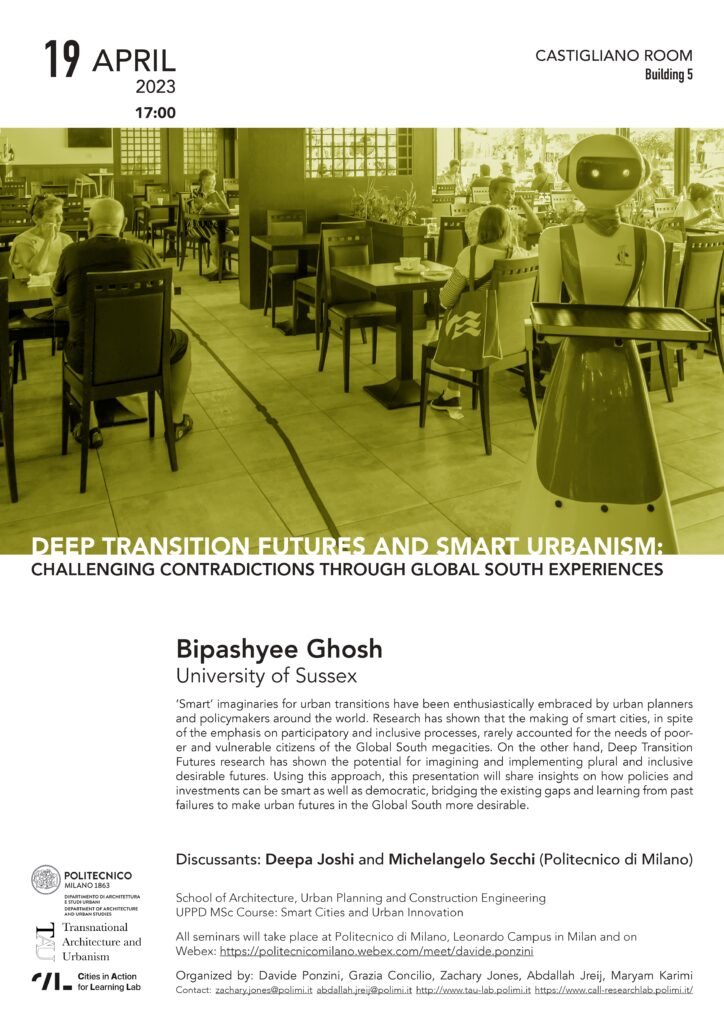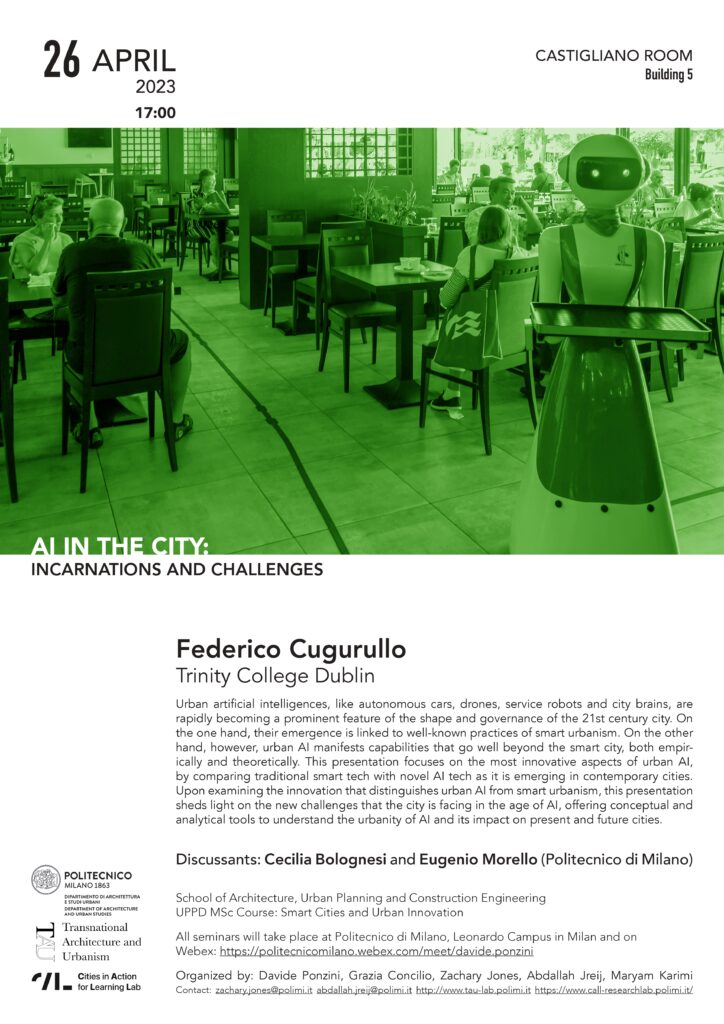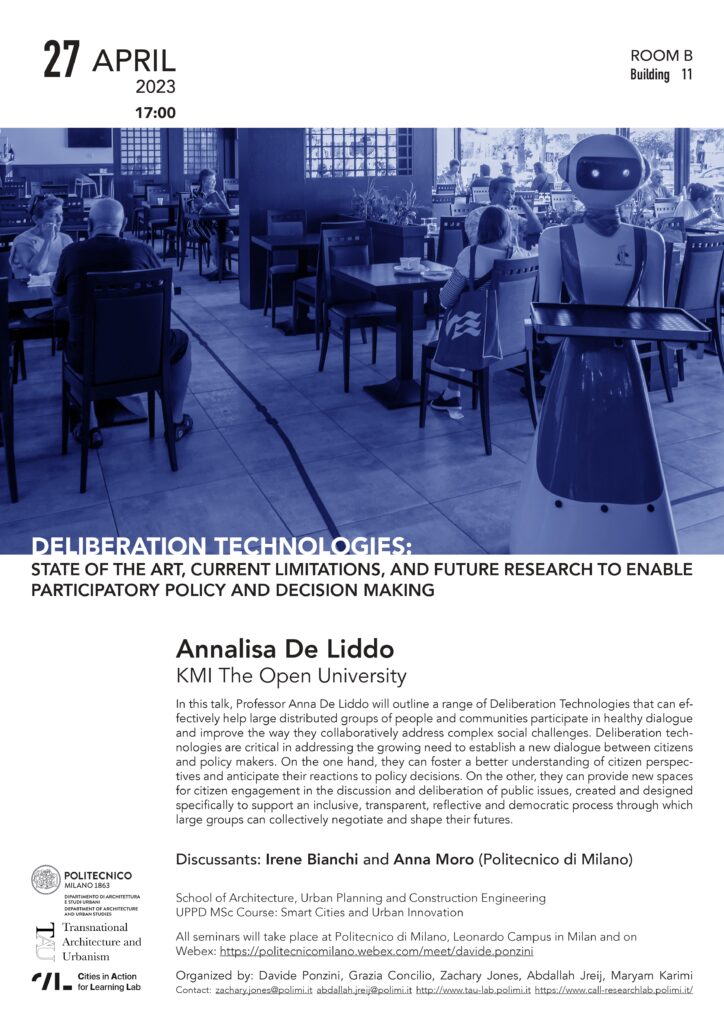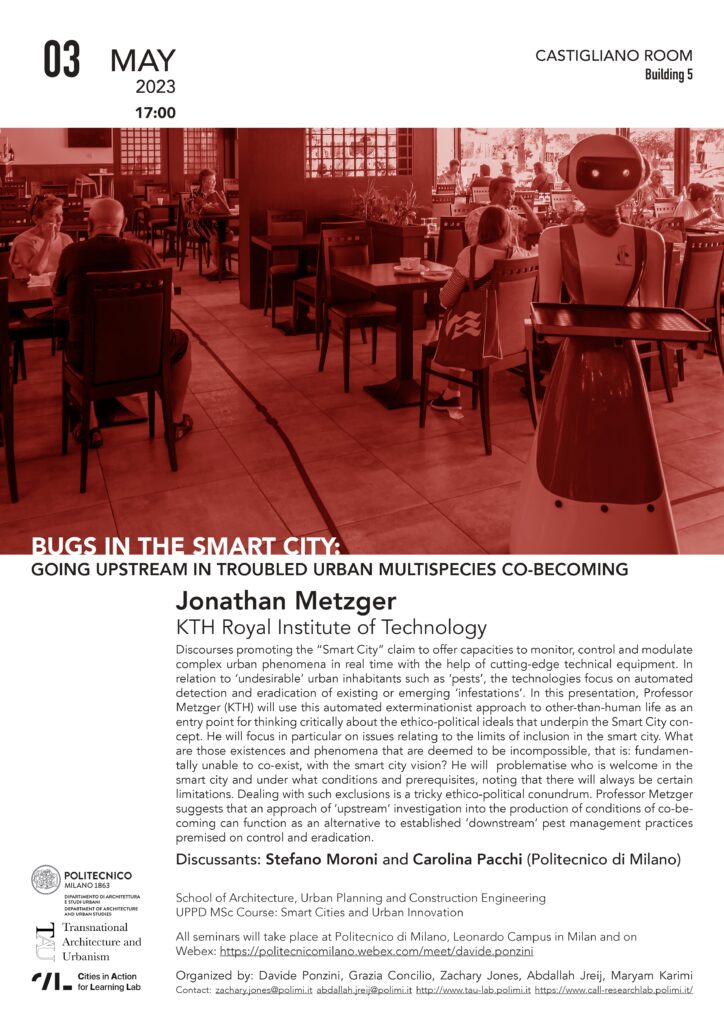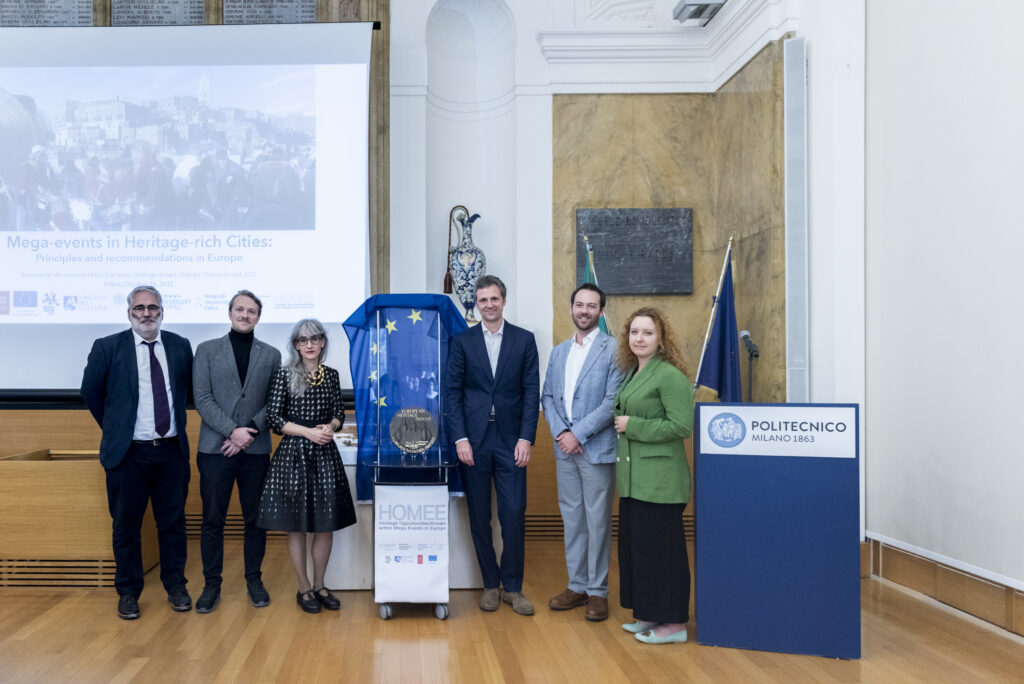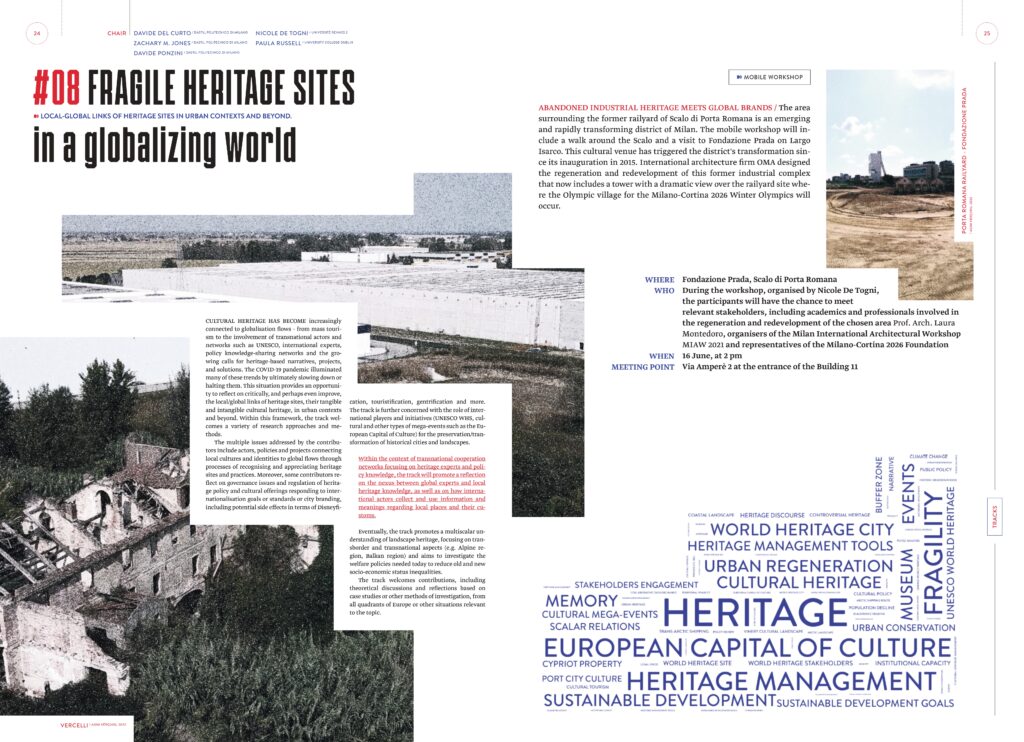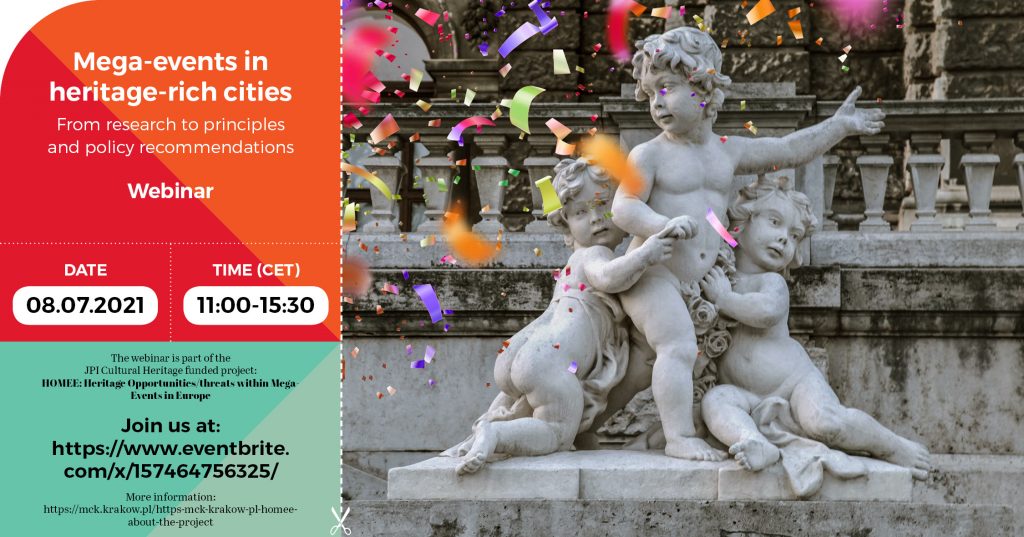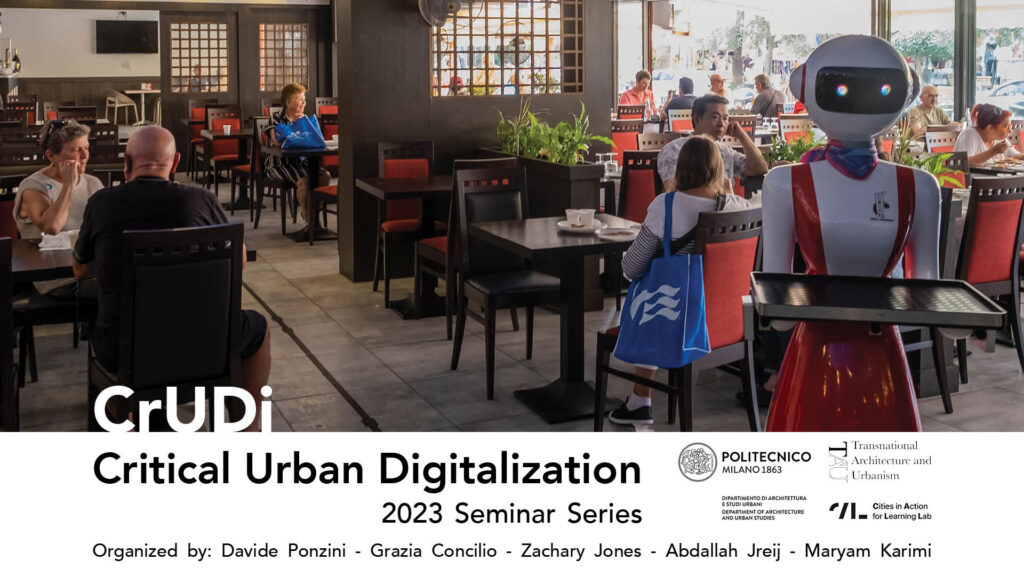
In the last decades, cities and societies have been undergoing an unprecedented process of digitalization. This process impacts multiple dimensions of urban life: from high-level planning to service provision, from city-scale political discourses to day-to-day urban life. The implementation of “smart city” strategies has too often relied on ICT operators, confating this concept into a mere technical and digital matter that typically underestimates the implied political issues regarding democracy, justice, sustainability, and the way we understand human co-existence. The Critical Urban Digitalization seminar series brings together international experts to critically discuss the complexities and controversies of the digitalization/ smartness interplay and provide an overview of ongoing critical research and perspectives animating the current debate.
Program
“Deep Transition Futures and Smart Urbanism: Challenging contradictions through Global South experiences”
April 19, 2023, 17:00, Room Castigliano (Building 5)
Bipashyee Ghosh (University of Sussex)
“AI in the City: Incarnations and Challenges”
April 26, 2023, 17:00, Room Castigliano (Building 5)
Federico Cugurullo (Trinity College Dublin)
“Deliberation Technologies: State of the Art, Current Limitations, and Future Research to Enable Participatory Policy and Decision Making”
April 27, 2023, 17:00, Room B (Building 12)
Annalisa Deliddo (KMI The Open University)
“Bugs in the smart city: Going upstream in human-mosquito co-becoming”
May 3, 2023,17:00, Room Castigliano (Building 5)
Jonathan Metzger (KTH Royal Institute of Technology)
